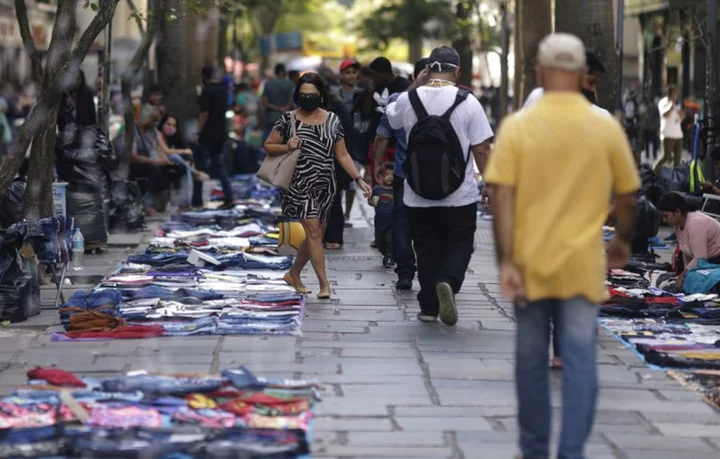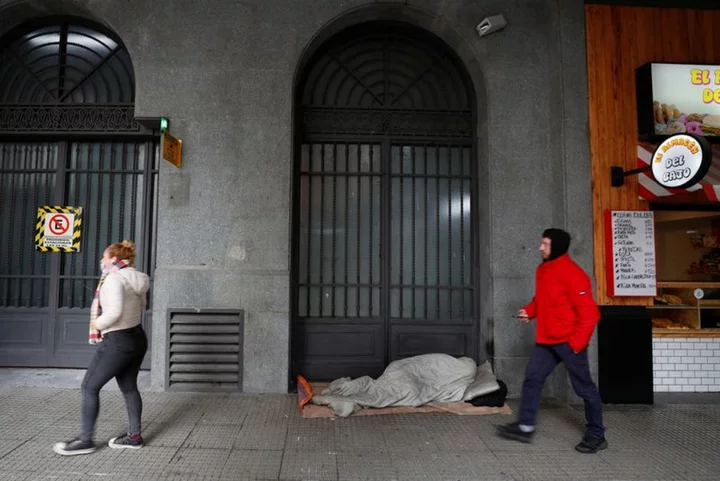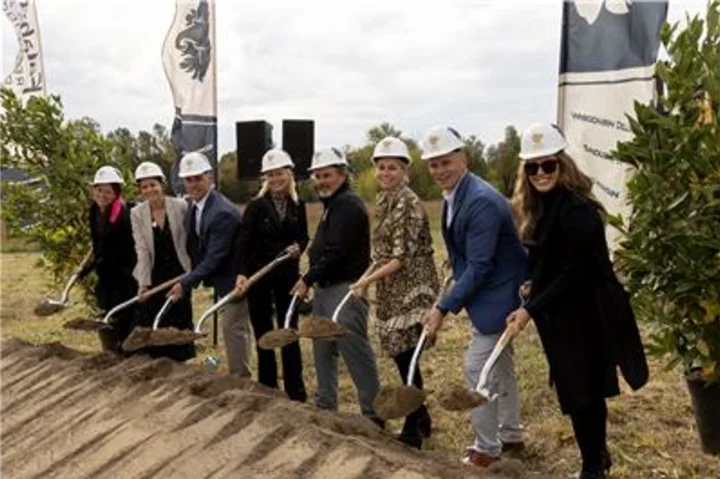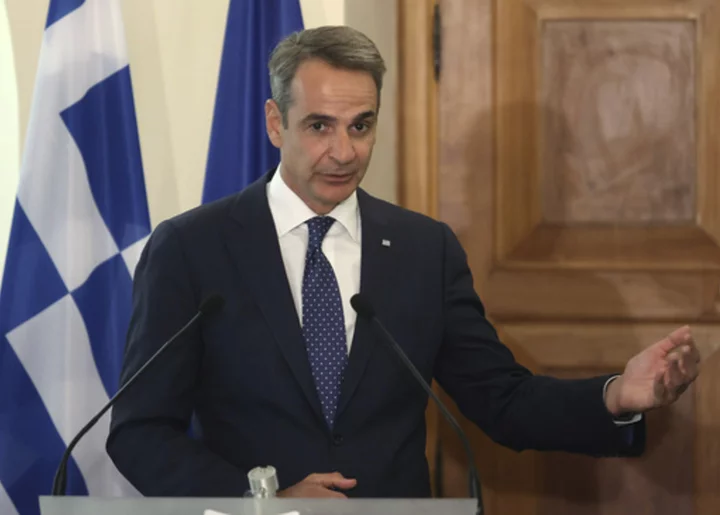By Marcela Ayres
BRASILIA Brazil's economy rebounded more than expected in the first quarter, powered by a strong farm sector, paving the way for a rosier annual outlook, although high interest rates are still expected to trigger a sharp slowdown.
The country's gross domestic product (GDP) expanded by 1.9% in the three months through March, rebounding from a revised 0.1% contraction in the previous quarter, data from government statistics agency IBGE showed on Thursday.
The Brazilian real gained 0.8% against the U.S. dollar at the start of the trading session following the surprise data.
The first-quarter performance raises upside risks for the recently revised projection of 1.9% GDP growth in 2023, the Finance Ministry said in a statement.
The ministry had anticipated the positive effects of a stronger-than-expected farm performance and a more robust services sector due to government policies raising disposable income.
Growth from the prior quarter exceeded the 1.3% median forecast in a Reuters poll of economists, largely driven by a 21.6% surge in agriculture. The service sector expanded by 0.6%, while industry declined by 0.1%.
On the demand side, household consumption rose by 0.2%, while government spending increased by 0.3%.
Compared to a year earlier, Latin America's largest economy grew by 4.0% in the first quarter, also more than the projected 3.0% expansion.
President Luiz Inacio Lula da Silva has criticized the central bank for holding its benchmark interest rate at a six-year-high of 13.75% despite declining inflation, arguing that such high borrowing costs hamper economic activity.
Lucas Toro, chief analyst at Toro Investimentos, said even with a better-than-expected GDP at the beginning of the year, he still expects rate cuts to kick off in the second half on more benign signs of inflation.
Central bank chief Roberto Campos Neto earlier this week acknowledged that the economy was surprising on the upside, and anticipated a slowdown in core inflation that should continue.
Even before the first-quarter figures, private economists surveyed weekly by the central bank have also improved their GDP estimates, predicting 1.26% growth that, nonetheless, still represents a sharp deceleration from the 2.9% increase in 2022.
"For the rest of the year, the expectation is for greater GDP stability, feeling the effects of the central bank's monetary tightening, the dissipation of the agro effects, which are more concentrated in the first quarter, and the external scenario of lower growth," said Rafael Perez, economist at Suno Research.
(Reporting by Marcela Ayres; Editing by Steven Grattan and Sriraj Kalluvila)









